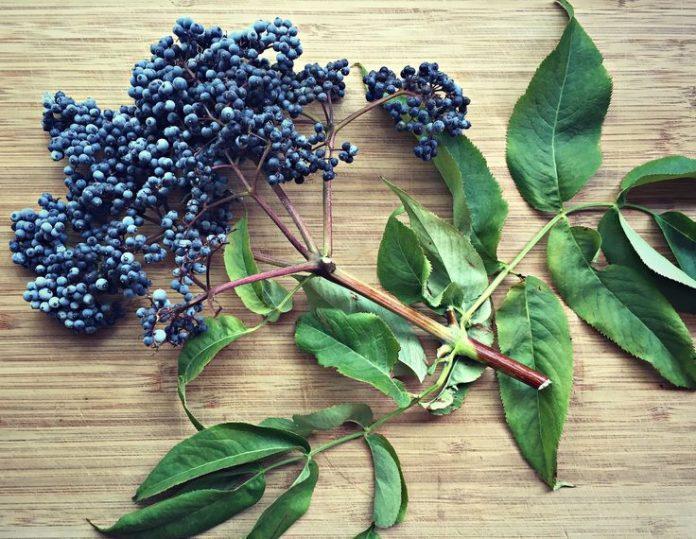In an era where modern conveniences and supermarkets dictate our dietary choices, the ancient art of foraging has found a new appeal. Foraging invites us back to our roots, both figuratively and literally, as we learn to identify, harvest, and appreciate nature’s wild bounty. If you’re intrigued and want to learn foraging, you’ve come to the right place.
This guide will provide you with 7 practical tips on how to learn foraging, embracing this age-old practice as a hobby or a lifestyle.
Table of Contents
How to Learn Foraging? 7 Helpful Tips for a Beginner
1. Start Small and Start Local
Foraging can be overwhelming when you’re just starting out. There’s a vast variety of plant species, some of which are edible and others that can be harmful or even deadly if consumed. The best approach is to start small. Learn about a few local plants first, focusing on easily identifiable species that have no dangerous lookalikes. As your knowledge and confidence grow, you can gradually expand your forage learning to include more species.
2. Invest in Good Identification Guides
Having reliable resources is critical when you’re learning to forage. Invest in a good field guide with clear photographs and detailed descriptions of plants. These guides often include information about where each plant can be found, when it’s in season, and how it can be prepared. Consider guides that focus on your local area for the most relevant information.
3. Learn from the Experts
There’s a lot to be said for learning directly from those with years of foraging experience. Look for foraging workshops, forage learning classes, or guided tours in your local area. These can provide valuable hands-on experience and personalized guidance that you can’t get from books alone. Experts can show you how to identify plants correctly, where to look for them, and how to harvest them responsibly.
4. Practice Safe Foraging
Safety is paramount when it comes to foraging. There are a few key principles to keep in mind:
- Only eat a plant if you’re 100% sure it’s safe.
- Learn about local poisonous plants to avoid them.
- Don’t forage close to busy roads or industrial sites where plants could be contaminated.
- Be aware of local laws and restrictions on foraging.
These guidelines will ensure that your foraging activities are safe, legal, and respectful to the environment.
5. Record Your Findings
Keep a foraging journal to record what you find, where you find it, and when it’s in season. Detailed notes and photographs can help reinforce your learning and enable you to revisit fruitful foraging locations in the future. A journal also allows you to track your progress and reflect on your foraging journey.
6. Learn to Prepare Your Foraged Foods
Knowing how to prepare and cook your foraged foods is just as important as knowing how to identify them. Some wild plants require specific preparation methods to be safe to eat. Plus, learning how to cook your foraged finds will allow you to enjoy them at their best. Look for foraging cookbooks or online recipes for inspiration.
7. Embrace the Foraging Lifestyle
Foraging is more than just a hobby—it’s a way of life. It encourages a deeper connection with nature, a greater appreciation for local ecosystems, and a more sustainable approach to food. As you become a more experienced forager, consider how you can incorporate foraging into your regular routines. Maybe it’s a weekly foraging walk, growing some edible plants in your garden, or cooking a foraged meal once a month.
Final Thoughts
In conclusion, learning to forage can be a rewarding and enriching experience. It provides a way to engage directly with nature, deepen your understanding of local ecosystems, and diversify your diet with nutritious, wild foods. The journey to becoming a skilled forager is one of continuous learning, exploration, and discovery.
As you delve deeper into the world of foraging, you’ll come to recognize the bounty nature provides in every season. From the first green shoots of spring to the rich, robust flavors of fall, each time of the year brings its own unique harvest.
Remember, patience and practice are key in this journey. You may not become an expert overnight, but with persistence and a keen interest, you’ll find yourself growing into a seasoned forager.
Furthermore, this practice promotes a more sustainable lifestyle. By foraging, you’re sourcing food that’s local, seasonal, and free from industrial farming practices. This not only reduces your environmental footprint but also allows you to participate directly in your food procurement, bringing a sense of achievement and a deeper appreciation for your meals.
So whether you’re interested in foraging as a hobby or are considering it as a new lifestyle, embrace the journey with an open mind and heart. See it as an adventure where you’re not only learning to identify edible plants and mushrooms but also understanding their role in the ecosystem and their nutritional value.
Above all, foraging brings us closer to nature, enabling us to respect and appreciate the natural world in a more profound way. It reminds us of our roots, our relationship with the earth, and our place within the vast web of life. So get out there, start your forage learning journey, and unlock the myriad of wonders nature has to offer.








